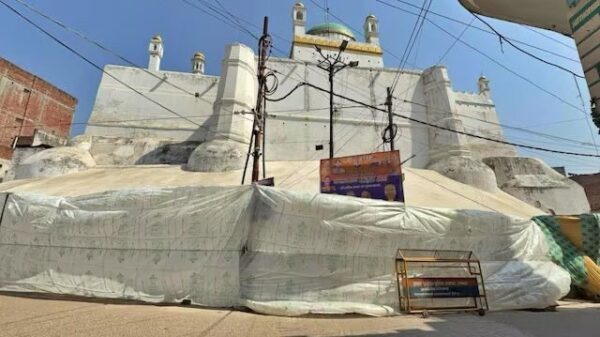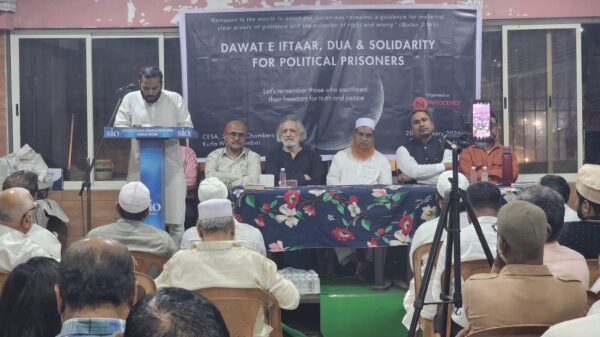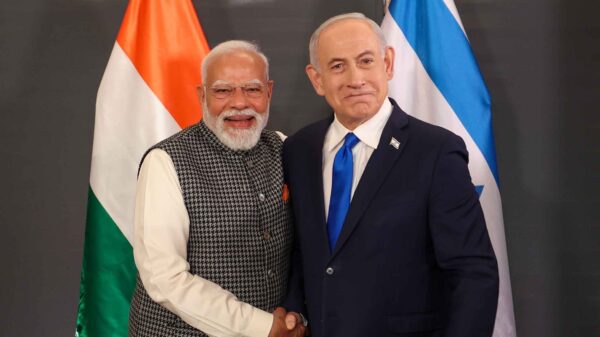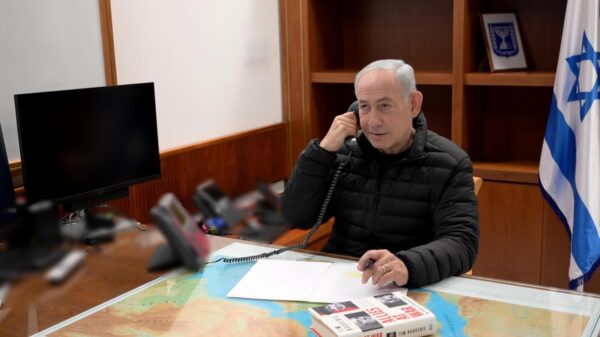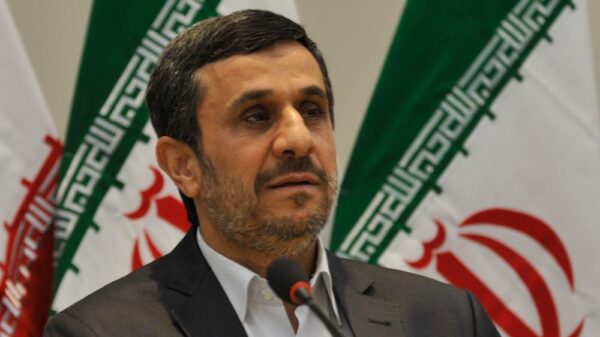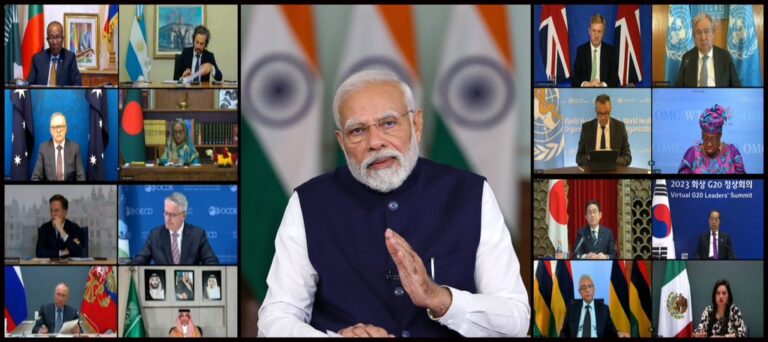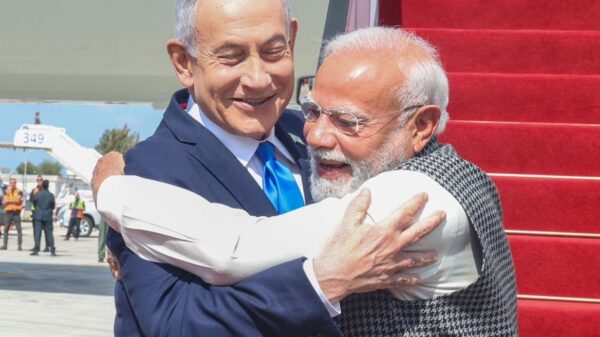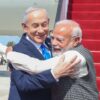In a virtual summit hosted by India, G-20 leaders expressed support for the humanitarian pause brokered between Palestinian resistance group Hamas and Israel in the besieged Gaza Strip. Indian Foreign Minister S. Jaishankar conveyed the consensus among G-20 members on the developments.
Jaishankar stated, “G-20 members on the whole welcomed the understanding which has been reached on the release of hostages, on the flow of relief material to Gaza and some pause in the fighting.” He highlighted the involvement of Qatar, the United States, and Egypt in reaching this understanding.
The Indian Foreign Minister noted the worsening situation in the Middle East, emphasizing the need to prevent the conflict from escalating further. While there was no consensus on a two-state solution, several G-20 nations explicitly voiced concerns about the Palestine issue during the summit.
Modi, the host of the summit, addressed the regional implications, stating, “We welcome the news of the release of hostages today, and hope for the swift release of all hostages. It is also crucial to ensure that the conflict between Israel and Hamas does not take on any kind of regional form.”
Modi also said the two-state solution was necessary for permanently addressing the Israel-Palestine issue. He added that diplomacy and dialogue were the only way forward to defuse such a territorial and political crisis, according to PTI.
Earlier on Wednesday, the Qatari Foreign Ministry announced a four-day humanitarian pause agreement between Israel and Hamas, mediated by Qatar. The agreement includes a halt in fighting, the entry of humanitarian aid trucks into Gaza, and a prisoner exchange involving the release of hostages.
As the conflict persists, the death toll in Gaza has surpassed 14,100, including over 5,800 children and 3,900 women, according to Gaza authorities. Meanwhile, the Israeli death toll stands at approximately 1,200, as per official figures.
The international community, represented by the G-20 leaders, continues to monitor and engage in efforts to bring about a lasting resolution to the crisis in the Middle East.







